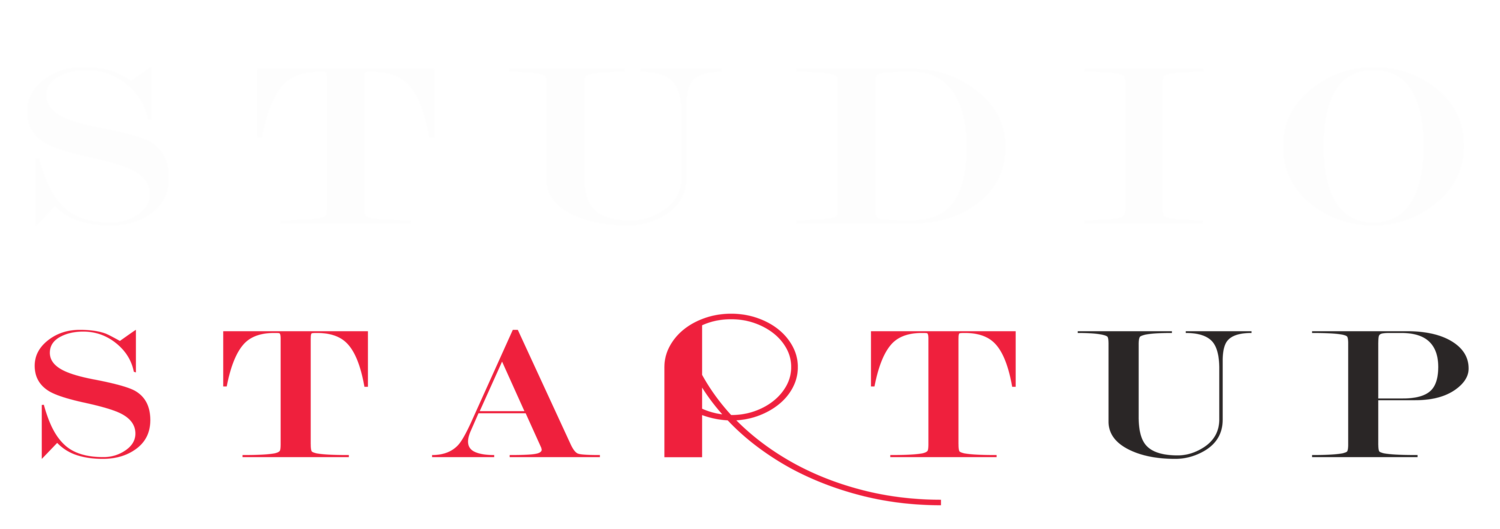Early indicators for commercialising research and innovation are very clear. Successful entrepreneurs focus on adding value and good will. They drive the process with personality and determination. They follow a process not dissimilar to lean startup frameworks; tackle a big problem, hypothesize, test, pilot, iterate, build a diverse team.
Australia's 2016 Startup Muster Report identified that Universities and their graduates are the driving force in the national startup economy. Also that Founders with a PhD are more likely to be create ventures in medtech, healthtech or biotech. Last week I was privileged to speak alongside leading scientists in those areas who have each had exceptional commercialisation success.
Professor Cassandra Berry related learnings from her research-to-industry journey with her Innovative Avian Influenza Marker Vaccine. Her research startup in Australia began with 3 researchers, a hypothesis and a chicken. A case study of success through pilot testing and proof of concept in Hong Kong, capital raising via grants and industry, culminating in global commercialisation of an immunisation strategy to tackle Bird Flu at its peak and without the need to cull farm birds.
With major research in vaccines and immunotherapies for infectious diseases, Professor Berry has been a finalist in the Telstra Business Women’s Awards and WA Inventor of the Year Awards, National Director Australian Society for Medical Research and Deputy Director Centre for Biomolecular Control of Disease.
Her top points were;
1. Is there a market? Market research your idea before over-committing resources to building it.
2. Validate, does anyone really care? Investigate the market to be sure that it will really solve a problem and that there is a demand for the problem to be solved. In Cassandra’s case the markets were countries that were struggling with the Bird Flu in Asia (Vietnam, Indonesia and China).
3. Test small and iterate. Proof is needed to support your hypothesis and provide confidence in your innovative solution so market testing and validation are the baseline of your investment pitch.
4. Build a team. Blended skills are needed to build the product, raise investment, and increase credibility for research and business development.
5. Get great at pitching. Learn to pitch in non-scientific, persuasive language to sell your compelling case.
6. Start small and build up. Cassandra started with the premise that birds don’t get tetanus and then built up a vaccine marker using tetanus toxoid for use with Bird Flu vaccines. She formed a hypothesis, which was validated and iterated repeatedly until it gained scale and momentum.
7. Commit and persist. It will most likely take longer and cost more than originally planned so only those who are diligent and committed with drive and persistence succeed. Too many give up half way.
Professor Simon McKirdy added insights from his broad background in the Plant Biosecurity Research Centre plus at Chevron in Biosecurity Science and Commercialisation. His excellent advice focused on how researchers can overcome the industry to researcher divide
Simon noted that researchers shouldn’t wait for industry to come but instead meet half way to build mutually successful projects. As the new Institute Director of Biosecurity and Sustainable Development at Murdoch University he will help lead that process.
We finished by overviewing Innovation Cluster's Start Something research commercialisation accelerator which runs at Murdoch University in June and July. Having trained more than four hundred researchers in commercialisation skills, Start Something builds impact pathways by combining training with industry engagement, http://www.innovationcluster.com.au/start/. It is open to all Universities and government research departments and is delivered with Atomic Sky (www.atomicsky.com.au)
The event was organised and led by Dr Kate Brooks, Murdoch University Lead Advisor for Staff Development and former President of the Astronomical Society of Australia. Kate's has also been awarded the CSIRO Chairman’s Medal for revolutionising astronomy, Commonwealth Women in STEMM and Entrepreneurship funding.



